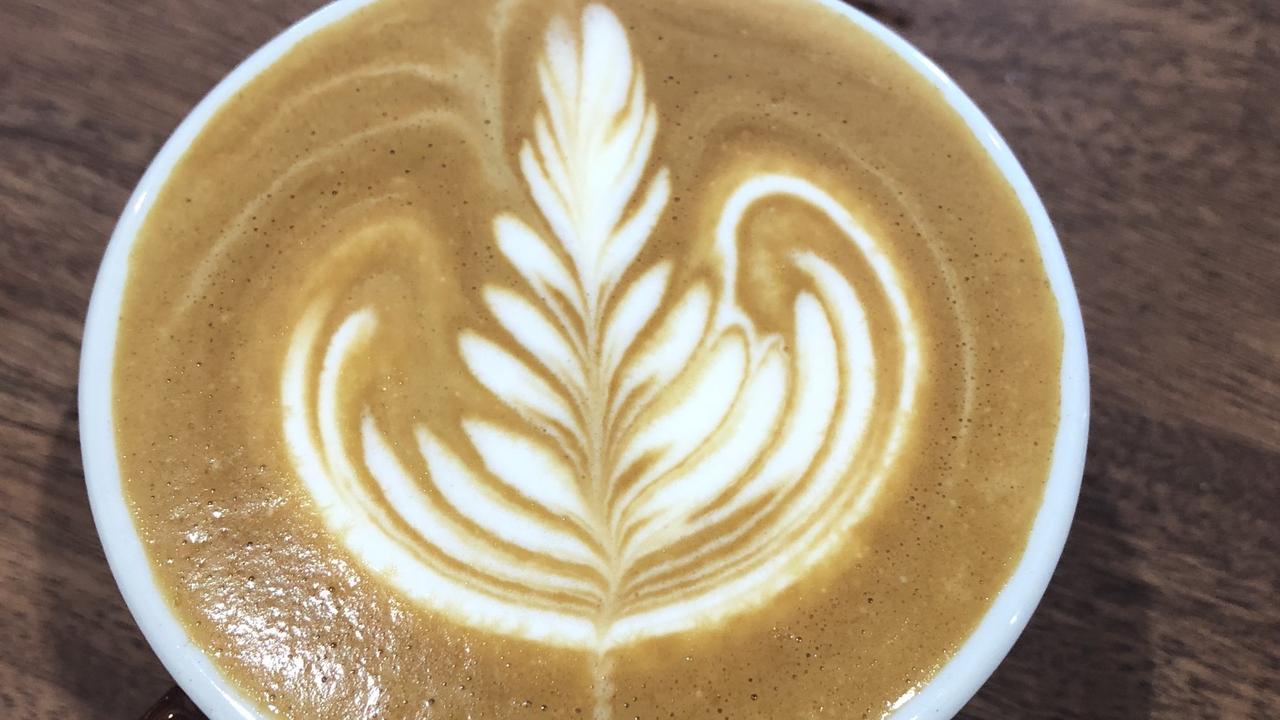McDonald’s says all-day breakfast ‘beyond testing’, national rollout imminent
MCDONALD’S is on a mission to reinvent itself, and it’s taking some big risks along the way. Are they paying off, or blowing up in the company’s face?
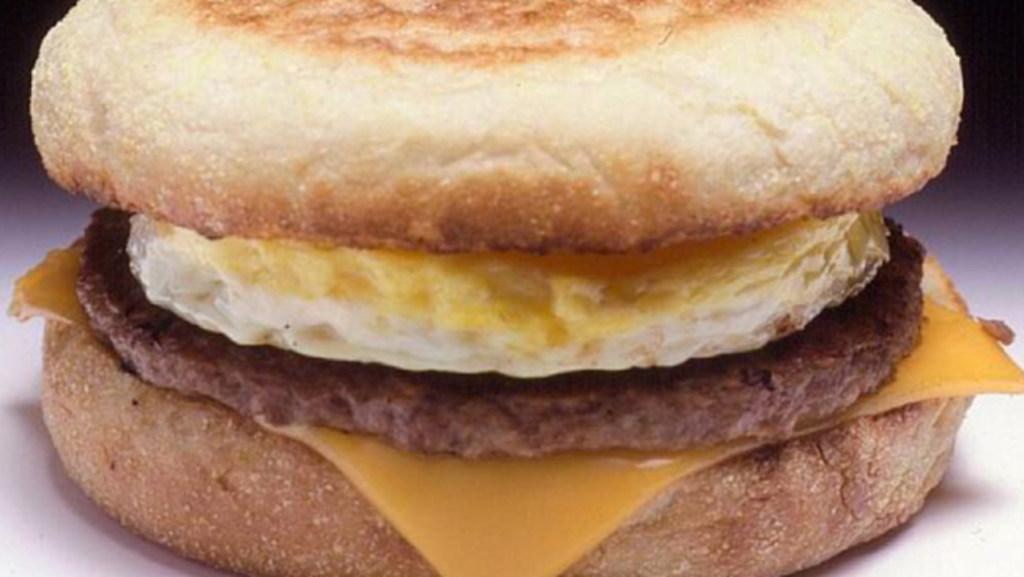
MCDONALD’S Australian operation is on a mission to reinvent itself.
Chief marketer Mark Lollback, who once admitted he nearly “blew [the] joint up” with a misguided flurry of activity aimed at countering low-price competition, has been busy overhauling the fast-food chain for the 21st century.
In doing so, he and the team are serving as a guiding light for the troubled US operation, which has suffered with poor sales, strong competition and unhappy franchisees.
The former ice cream marketer, who launched the Magnum brand in Australia for food multinational Unilever before heading the UK to sell ice cream to Poms, has masterminded the most drastic overhaul of McDonald’s service offering in the company’s 75-year history.
On the surface, Create Your Taste (CYT) is a way of giving customers the chance to customise their burgers. In reality, it’s been an enormous leap into the unknown for a brand built on speed and consistency.
Mr Lollback says it’s a gamble that’s paying off.
Since the first trials in Castle Hill in October last year, customers have created more than one million unique burger combinations, store traffic has increased, and burger sales have gone up.
Importantly, the DIY burgers haven’t cannibalised sales of the staples like Big Macs and Quarter Pounders. “We’re actually seeing our total business in growth,” Mr Lollback told news.com.au.
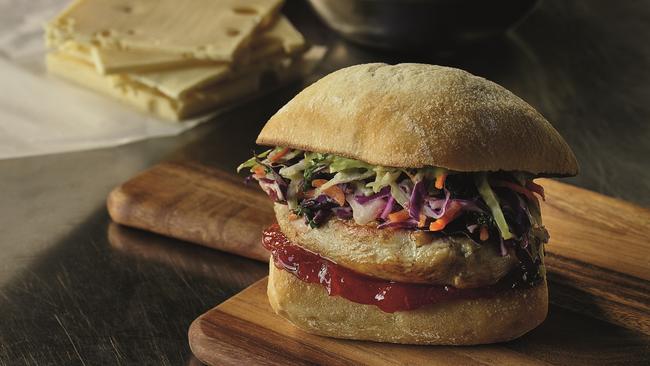
“CYT has had a really positive impact. We’re selling more Big Macs, more French Fries, more of the core menu. Our guest counts are up and our sales are up for the last four quarters.”
McDonald’s sales reached $4 billion in Australia last year across its 940-plus company- and franchisee-owned stores. Only 20 per cent of McDonald’s Australian stores are owned by the company.
Mr Lollback said the “un-McDonald’s” advertising campaign, which many had interpreted as the fast-food giant attempting to distance itself from itself, was actually a way of celebrating the new rather than canning the old.
“Not at all,” he said. “The reason I bought the whole concept around ‘un-McDonald’s’ was it was different territory — doing things people don’t expect from a brand that is so well known.
“The speed, the look and feel, the food, if you buy a Big Mac here it’s the same Big Mac you get in Queensland or Western Australia, so with ‘un-McDonald’s’ the bit we highlight are the things we’re doing that are different, not what was bad with the old McDonald’s.
“It wasn’t about saying we had a business that was broken, we’re saying, ‘Guys, we’re going to do stuff you never thought McDonald’s would do’.”
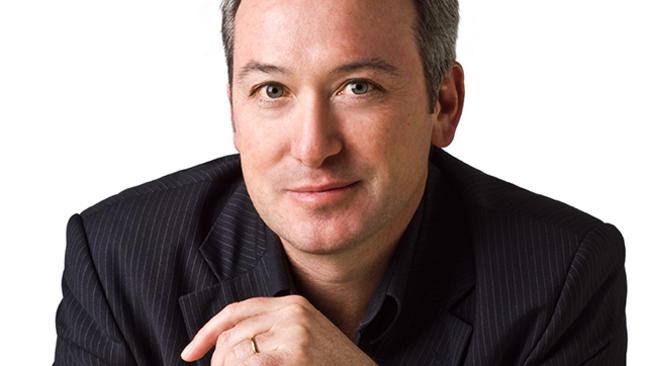
That includes table service and premium ingredients for the DIY burgers, which Mr Lollback says attract “acceptable margins” compared with the core menu.
“I would say it’s probably comparable,” he said. “The ingredients are very premium, so yes consumers are paying a small premium, but the ingredients are very expensive. They’re very acceptable margins and comparable with the rest of our business.”
More than 90 per cent of Create Your Taste burgers are being created by customers, who prefer to play with the ingredients rather than opting for pre-built “chef’s suggestions”.
“It’s not just about the burger, but it’s an important part of it,” he said.
“If you add up the whole experience, it’s about the excitement of walking into a modern, different restaurant, they use the touchpad kiosks in an engaging way, then they get the table service, which is also a surprising experience.”
And Mr Lollback says the common question from customers is whether the self-service kiosks are a labour-saving device in disguise. “For us it’s the exact opposite,” he said. “We’re hiring an extra 15,000 people to work in our restaurants.
“We see it as an enabling technology to offer better service, not to save costs. It does enable us to free up some of the crew standing behind the cash registers to give face-to-face service to customers.”
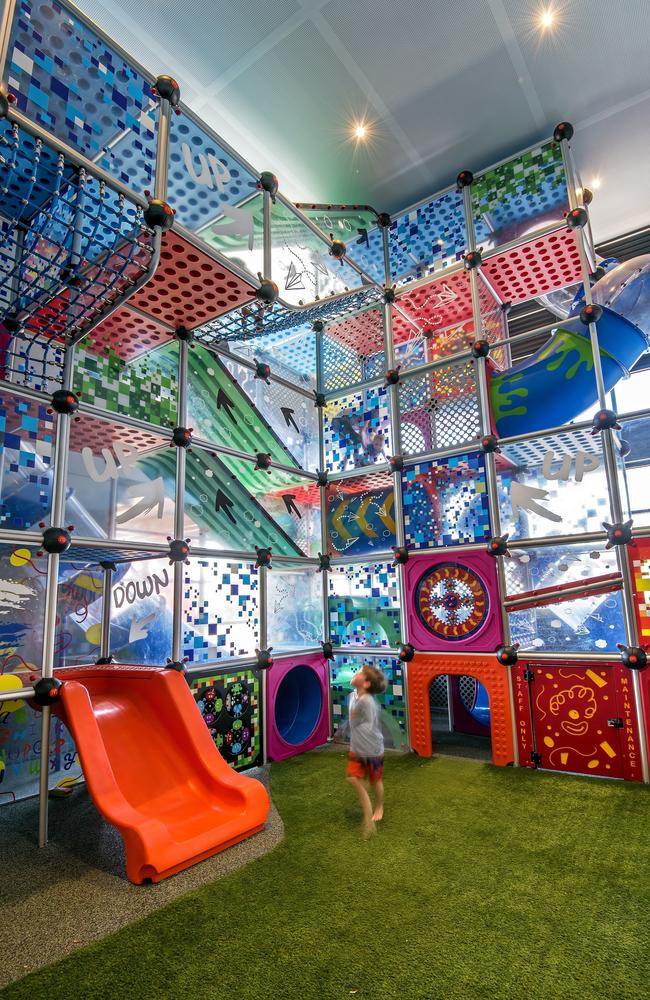
Part of the transformation is a major investment in overhauling McDonald’s ageing playgrounds, which Mr Lollback says were largely overlooked in the last round of refurbishments around eight years ago.
“McDonald’s became famous for its playlands 30 or 40 years ago. I think as McDonald’s has grown up there were times we focused more on premium and the like,” he said.
The company aims to have the new playlands, which are upwards of two storeys tall and cost roughly twice the amount of the standard fitout, installed at 80 to 90 flagship stores across the country by the end of the year.
“When we last refurbished we still put them in but didn’t make them a feature — we modernised at the expense of big, big playlands,” Mr Lollback said. “Nowadays pubs have playlands, council parks have them, I think McDonald’s has a responsibility to deliver playlands like no one else.”
According to market research firm IBISWorld, McDonald’s employs an estimated 90,000 Australians, and holds 16 per cent market share of Australia’s $14.8 billion fast food industry.
The market has been transformed by a shift in consumer sentiment over the past five years, with traditional fast-food outlets losing revenue to premium and healthy categories.
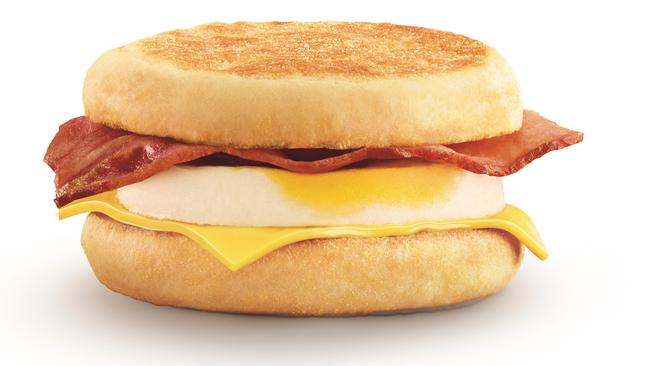
While it does not report results separately from the global operation, McDonald’s Australia is nevertheless regularly highlighted as a strong performer in the group.
Despite that, Mr Lollback says he doesn’t agree that Australia will show the US how it’s done. “I don’t agree with that interpretation necessarily,” he said.
“The countries are run at a local level with local management quite autonomously. McDonald’s charges us to do the right thing by our brand and I feel very empowered to do that.
“The US, they’ve got great management in place, they’re good operators, their business is in a different place.”
McDonald’s US operation broke two years of quarterly sales declines last month, reporting a 0.9 per cent rise off the back of higher sales per customer, offsetting a decline in traffic.
The company attributed the sales boost in the three months to September 30 to improved service and menu changes as it works on reversing declining customer visits.
Part of that has been attributed to the rollout of all-day breakfast in the US, which has been going through a gradual trial phase in Australia. Stores in Wollongong, Gold Coast and South Australia have now begun serving hot cakes at all hours.
Western Australia followed two weeks ago, and Mr Lollback says it will be nationwide shortly. “I would say we’re probably beyond testing,” he said. “I can’t give exact dates but it’s absolutely our intent that we will roll it out nationally.”





